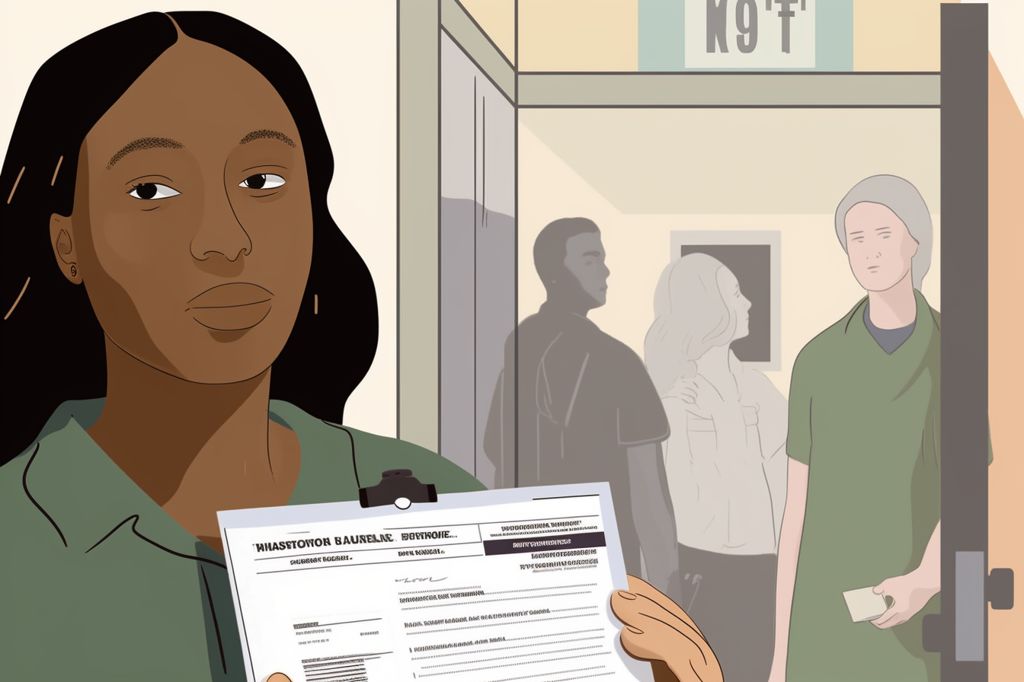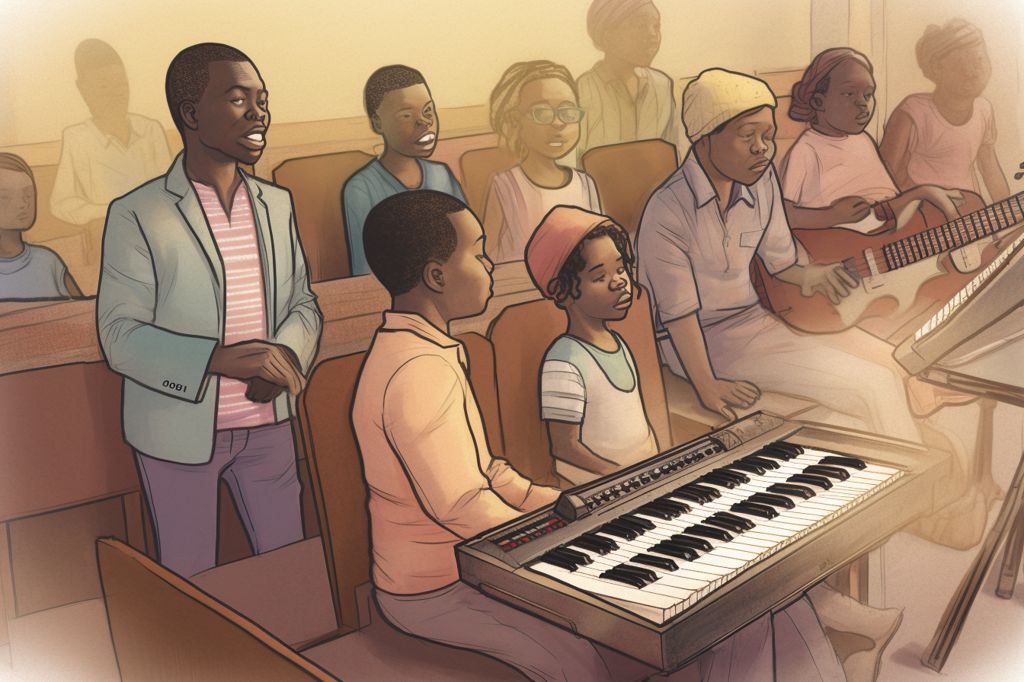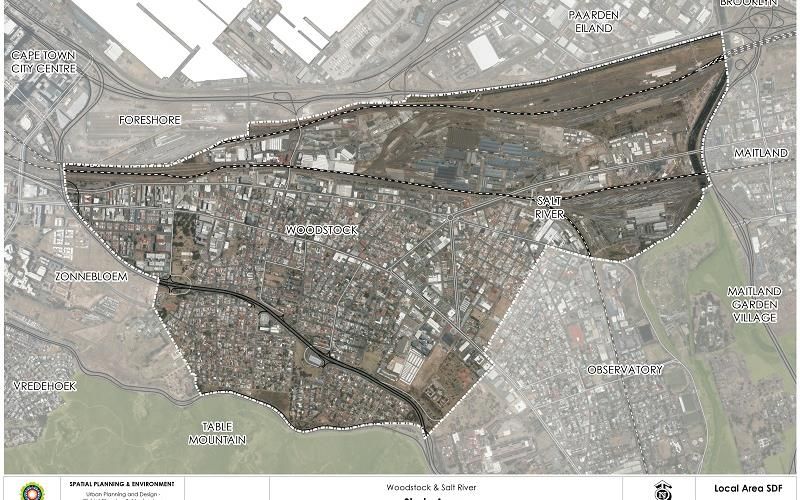Background Information
In April 2021, the Gauteng High Court in South Africa ruled that free public health services must be provided to pregnant women and children under six years old, regardless of nationality or documentation status. The ruling resulted from a case brought by SECTION27, a public interest law center, on behalf of women who were denied access to care. However, many immigrant women, especially those from Zimbabwe, Mozambique, Lesotho, Malawi, and the Democratic Republic of Congo, still struggle to register for prenatal care.
Challenges Faced by Immigrant Women
Despite the court order, many women are still being turned away at clinics and forced to give birth at home. This poses a risk to both the mother and the child. Some women have resorted to purchasing fake asylum permits and proof of residency documents to gain access to prenatal care. However, this is not a guarantee, as some clinic staff can detect fraudulent documents. Some women have also reported being asked to pay bribes to register without valid documents. In contrast, others with high-risk pregnancies are referred to hospitals and asked to pay large sums of money upfront, being denied care if they fail to deliver.
Institutional Problem within the Department of Health
According to Ethel Musonza of the Zimbabwe Isolated Women in South Africa (ZIWISA) organization, the issue lies in an institutional problem within the Department of Health. Health staff has actively prevented undocumented and vulnerable pregnant women from registering at clinics and making xenophobic remarks. This year, ZIWISA has been approached by approximately 30 women who have struggled to write for care, with some ultimately giving birth at home.
Constitutional Violation and Call to Action
Mbali Baduza, a legal researcher at SECTION27, emphasizes that denying health care constitutes a violation of the South African Constitution. Foster Mogale, the National Department of Health spokesperson for Johannesburg, urges individuals to lodge formal complaints, assuring that health workers who have violated patients’ rights will be dealt with accordingly. While the court order represented a significant victory for pregnant immigrant women in South Africa, further action is necessary to ensure they can access the required prenatal care for themselves and their unborn children.










